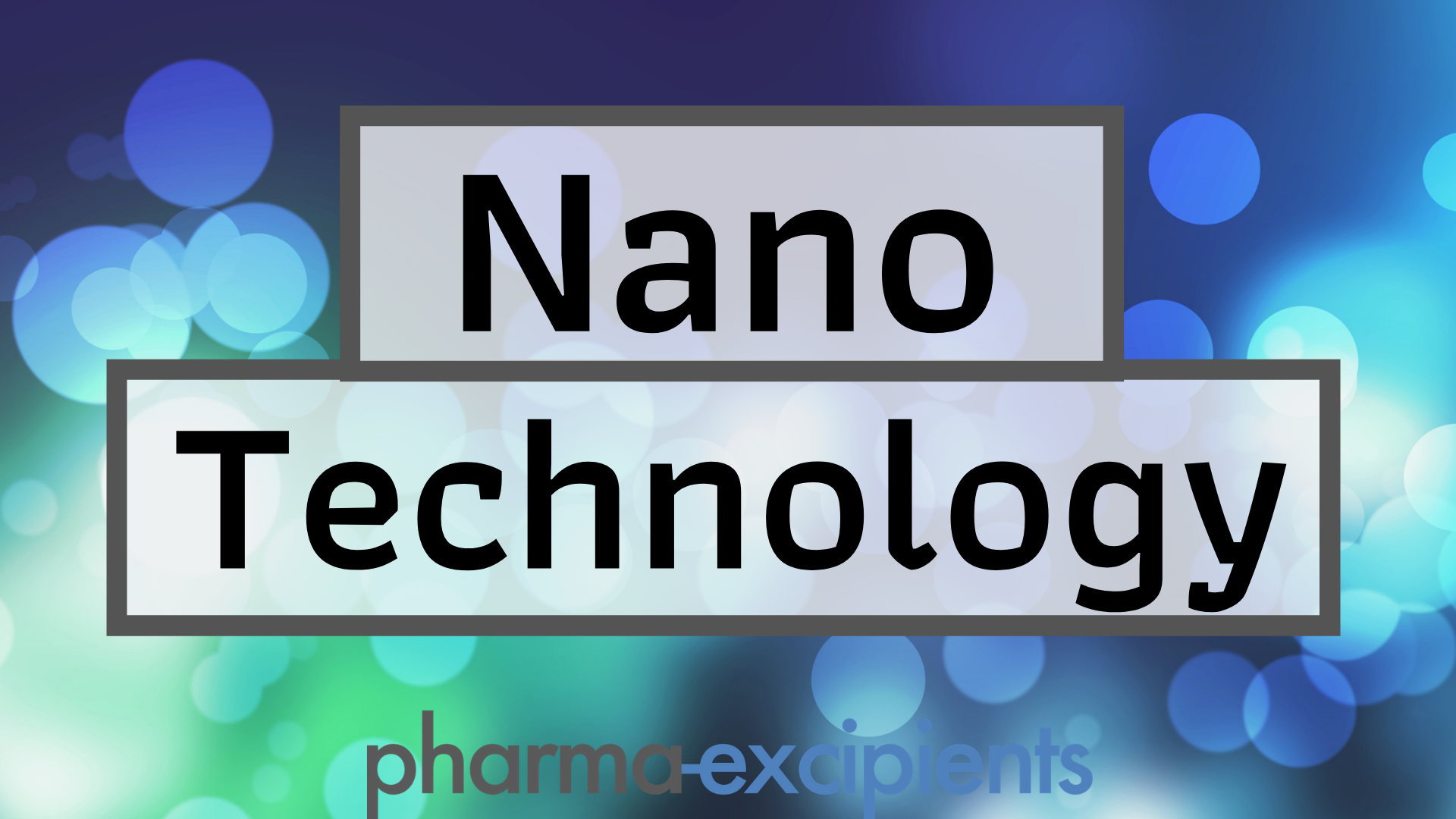Formation of nanoparticles for the oral delivery of small molecules by Flash Nanoprecipitation

Nanoparticles have shown considerable potential in many biological applications including drug delivery, bio-imaging, and medical diagnostics. Specifically, the development of nanoparticle-based drug formulations holds opportunities to improve the dissolution rate and oral availability of poorly water-soluble drugs.
The goal of this project is to improve oral bioavailability of a small molecule drug (“G-1”) through the formation of nanoparticles using the flash nanoprecipitation (FNP) process. Interestingly, “G-1” formed ~80 nm particles that are electrostatically stabilized without the use of stabilizing polymers and concentration as high as 160 mg/mL of “G-1” formed nanoparticles. Additionally, trehalose was found to be an effective cryoprotectant for lyophilization of “G-1” nanoparticles suspension into stable dried powders.
Unexpectedly, the release kinetics of “G-1” in its free powder form exhibit rapid dissolution rate in the modified biorelevant media (FaSSIF with 1.5% Tween 20). Further formulations with “G-1” were conducted to generate ~300 nm particles with PS-b-PEG as stabilizing polymer. Through the use of a tangential flow filtration (TFF) system, drug loading (wt%) of the lyophilized “G-1” nanoparticles were increased by nearly 2-fold (30.5% versus 16.7%). These lyophilized nanoparticles were introduced to Genentech’s in vivo and in vitro studies and have provided more insight in the bioavailability and pharmacokinetics properties of this drug.
Download the full article as a PDF here or read it here
Article Information: Lo, Jing Zhi, “Formation of nanoparticles for the oral delivery of small molecules by Flash
Nanoprecipitation” (2020). Master of Chemical Sciences Capstone Projects. 27.

